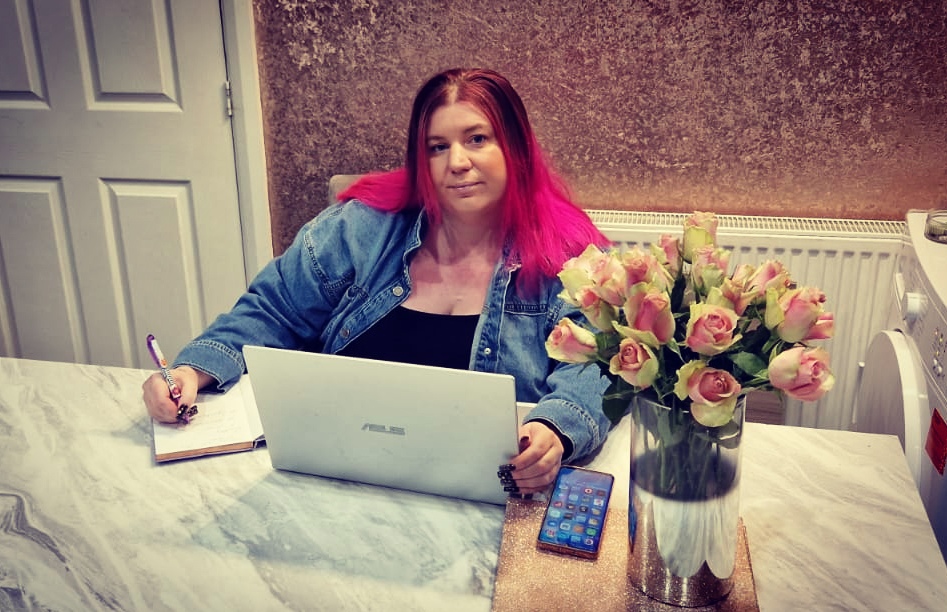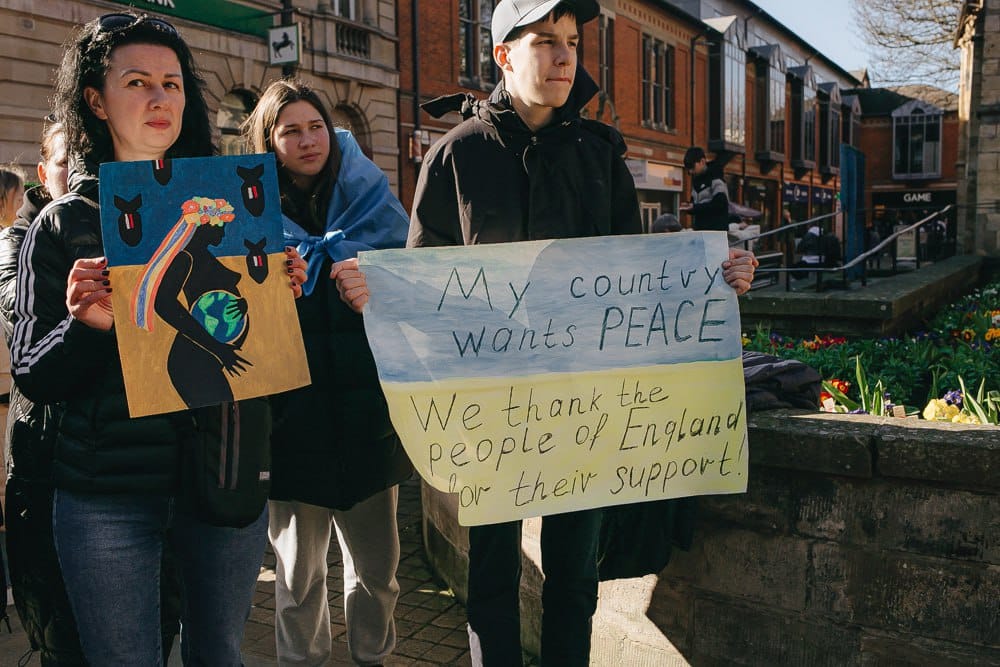A radical feminist is calling for the complete abolition of sex work following years research revealing how men talk about the women they buy sex from.
Elly Arrow, an activist, never set out to campaign against the sex industry but her perspective hardened after hearing the derogatory and explicit language used against women.
Her involvement with the Invisible Men Project exposesd her to the attitudes and language of men who create the demand for sex work.
“What they say about women, how they talk, it’s quite disturbing stuff that I find hard to justify,” said Arrow. The Invisible Men Project unearths that men speak of girls as young as 13 and describe women as, “fresh meat”, “prey” and “submissive”.
Arrow said: “Once you learn all these different things, it’s like you feel like you have to do something about it.”
In April this year, the Crime and Policing Bill proposed the implementation of a Nordic-style model in the UK, which decriminalises the sale of sex but criminalises the purchase of it. It aims to reduce the demand and shift the legal burden away from sex workers.
“Society really, really despises women in the sex industry,” said Arrow, who has her own YouTube channel. She feels the Nordic model challenges that rhetoric and acknowledges that the women have nothing to be blamed for, “They’re just trying to make ends meet,” she said.
Arrow’s work has exposed her to the experiences of sex work under a legalised model. Although she believes at the minimum, a Nordic-model should be introduced, Arrow said: “An abyss opens when you get into what happens in a legal brothel.
“The idea of a safe, sane, consensual sex industry is not possible in my opinion.”
Arrow acknowledges the need for reform and revision of areas of the Nordic model, arguing it does not provide a stable income or a functional marketplace for those currently working.
Though Arrow said: “If people are looking for a stable market where every woman makes a good liveable income, it doesn’t exist.”
She is co-founder of the Red Light Expose, a podcast run by a group of exploitation survivors and allies which highlights the issues inside the sex work industry. She has worked with sex workers in Germany, the Netherlands, New Zealand and Australia.
In Germany, sex work is legal and regulated by the government. Sex workers must register and obtain a license to work but Arrow believes the system fails to challenge the deeper structures of power and control in the industry.
The same concerns apply to online sex work. The rise of OnlyFans, and other digital or custom pornography that is often described as safer. Often it is viewed as a form of empowerment through self-employment and financial independence.
However, Arrow feels it is important to acknowledge the danger in a space that has been perpetuated as safe or glamourised by popular culture.
She explained the sex industry used to be populated by impoverished women and marginalised women but new forms of online sex work are even starting to endanger middle class women.
Arrow, who has concerns about Only Fans, live camming, and custom pornography, said: “You think it’s just you and a camera. No one can hurt you. And that’s absolutely not true.”
She described it as “personalised pornography”, where men now expect direct access and bespoke content which can be accompanied by parasocial relationships that border on obsession and danger.
Elly said that women in the sex industry use aliases not only because they are subject to public shame and stigma but also because there’s so many stalkers.
She said: “So many men think, “I’ve poured this money into you, why won’t you meet me in person?”




